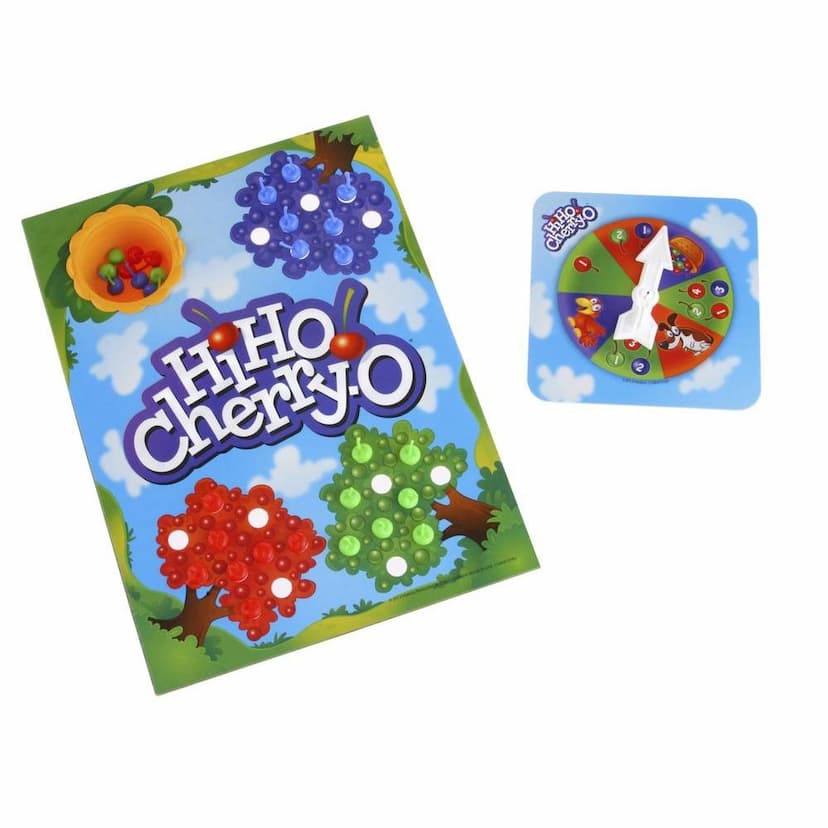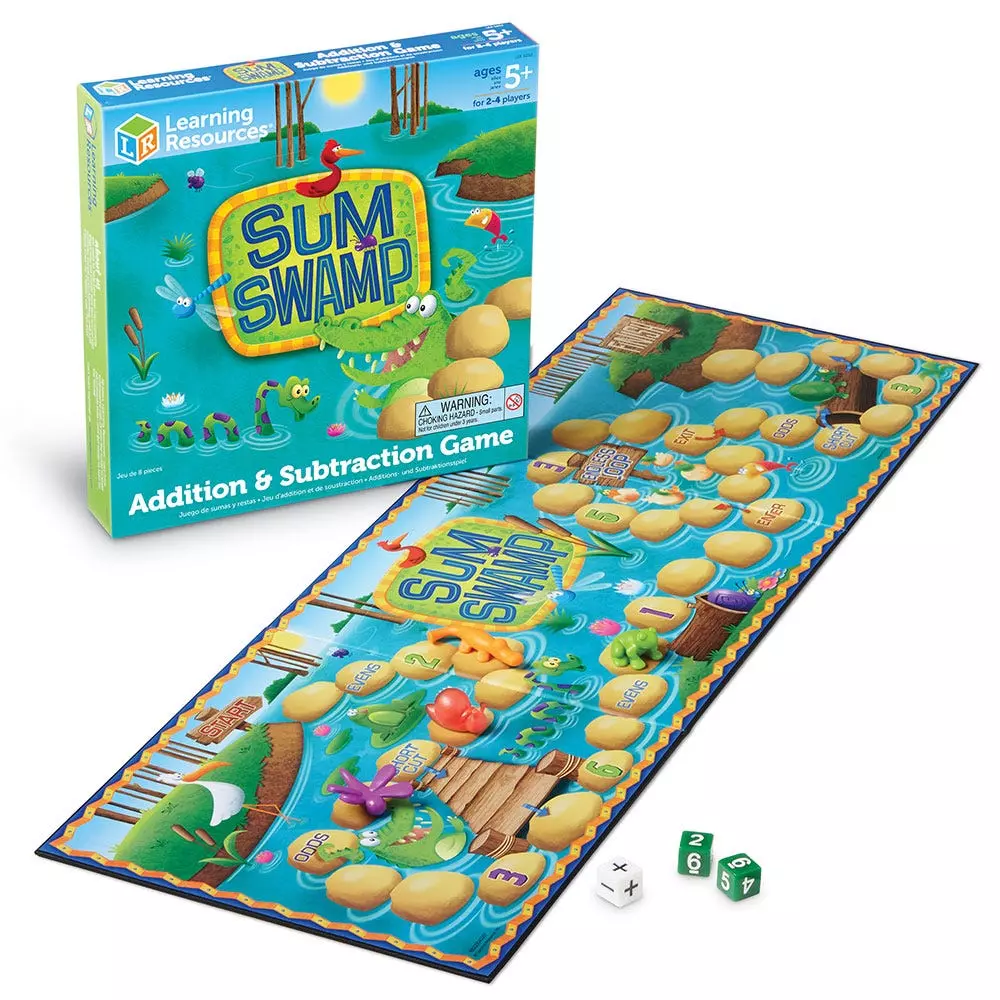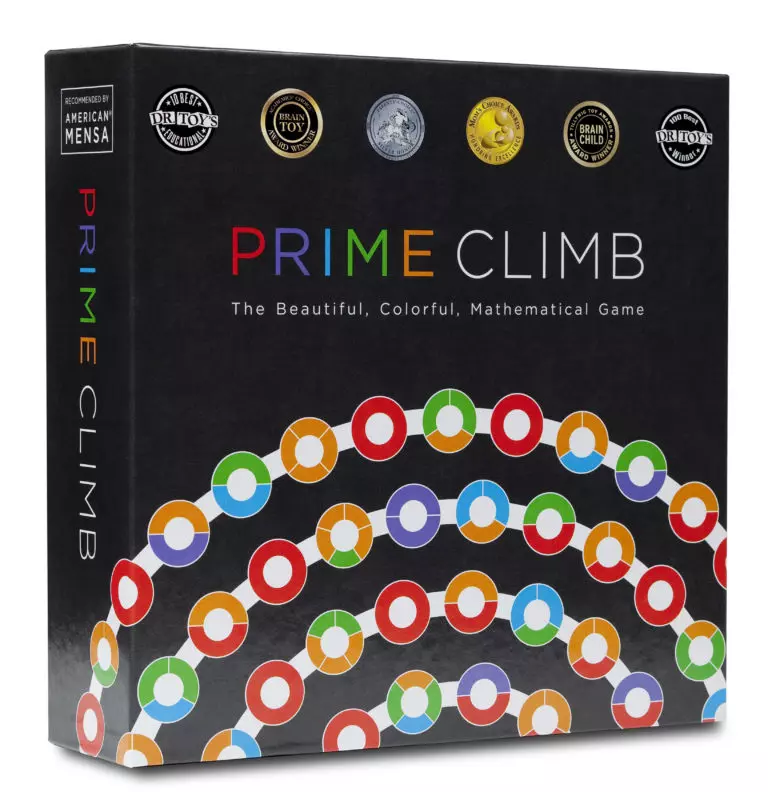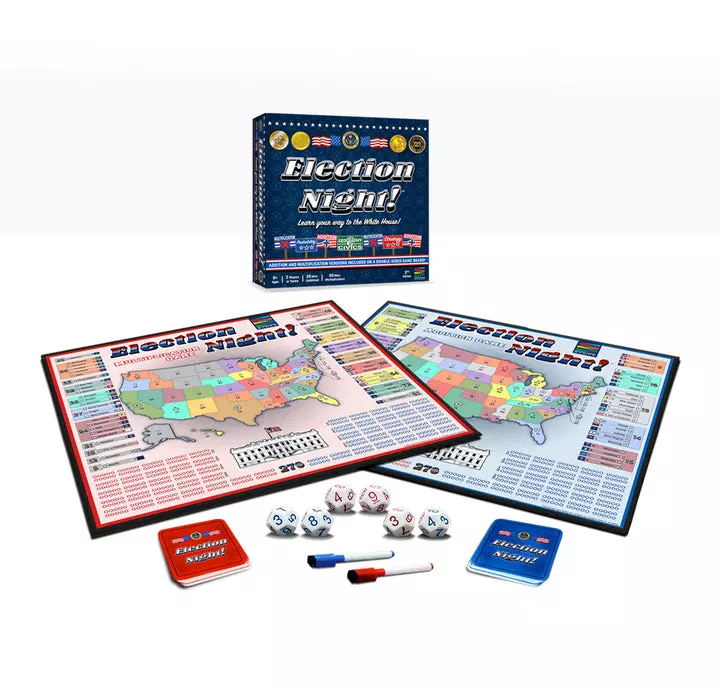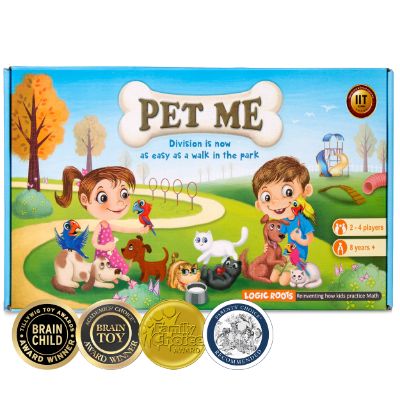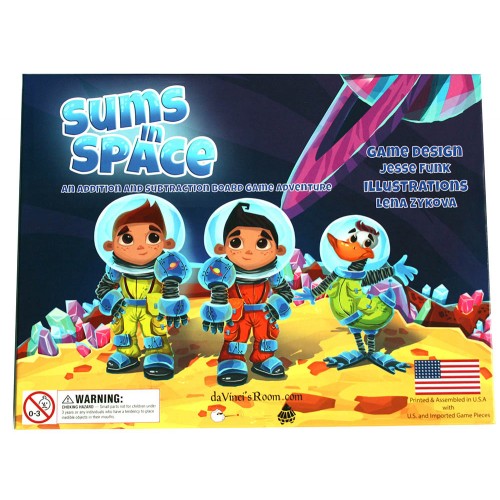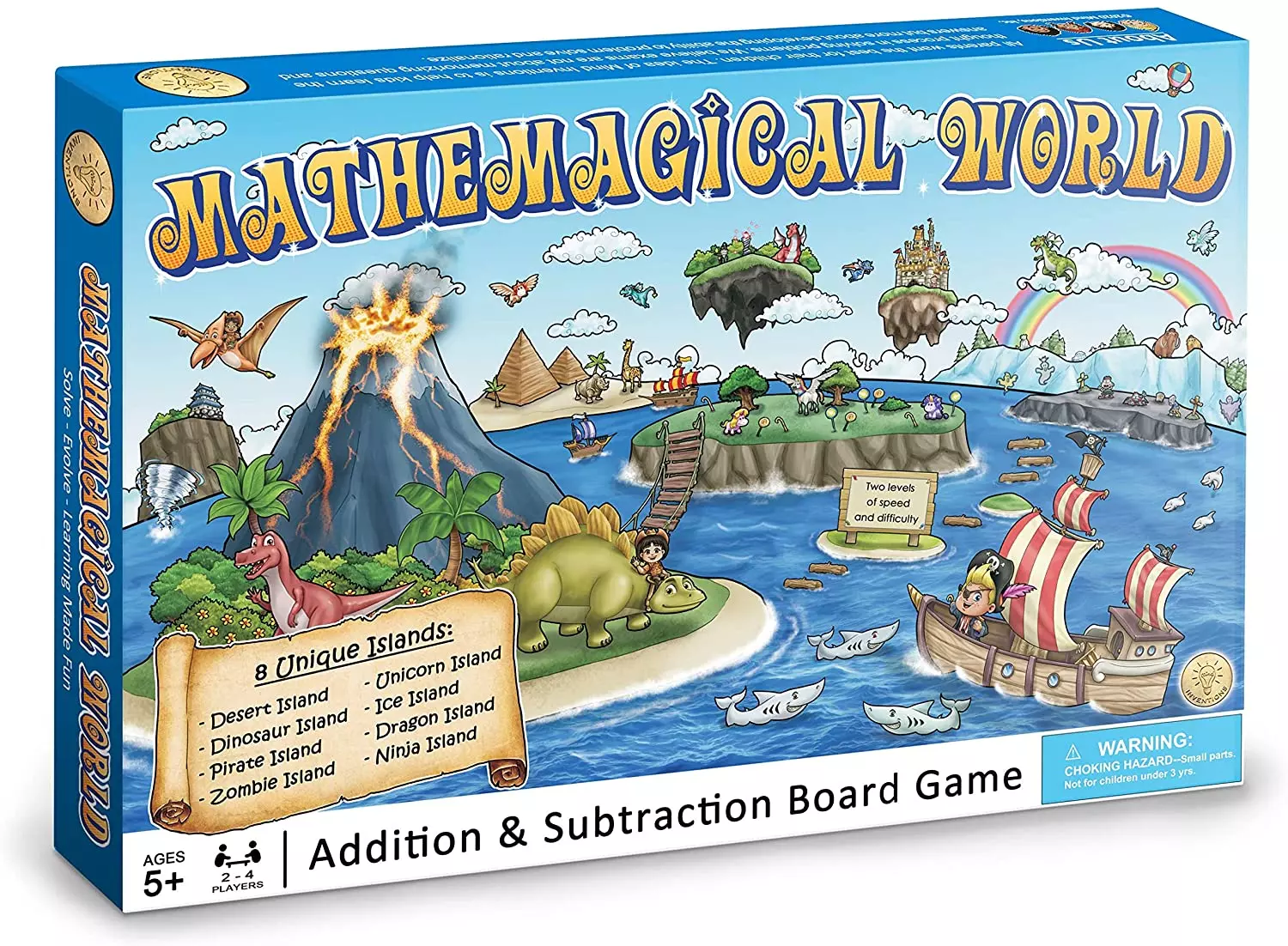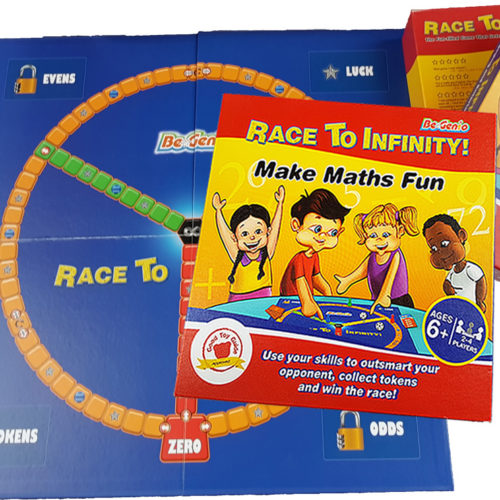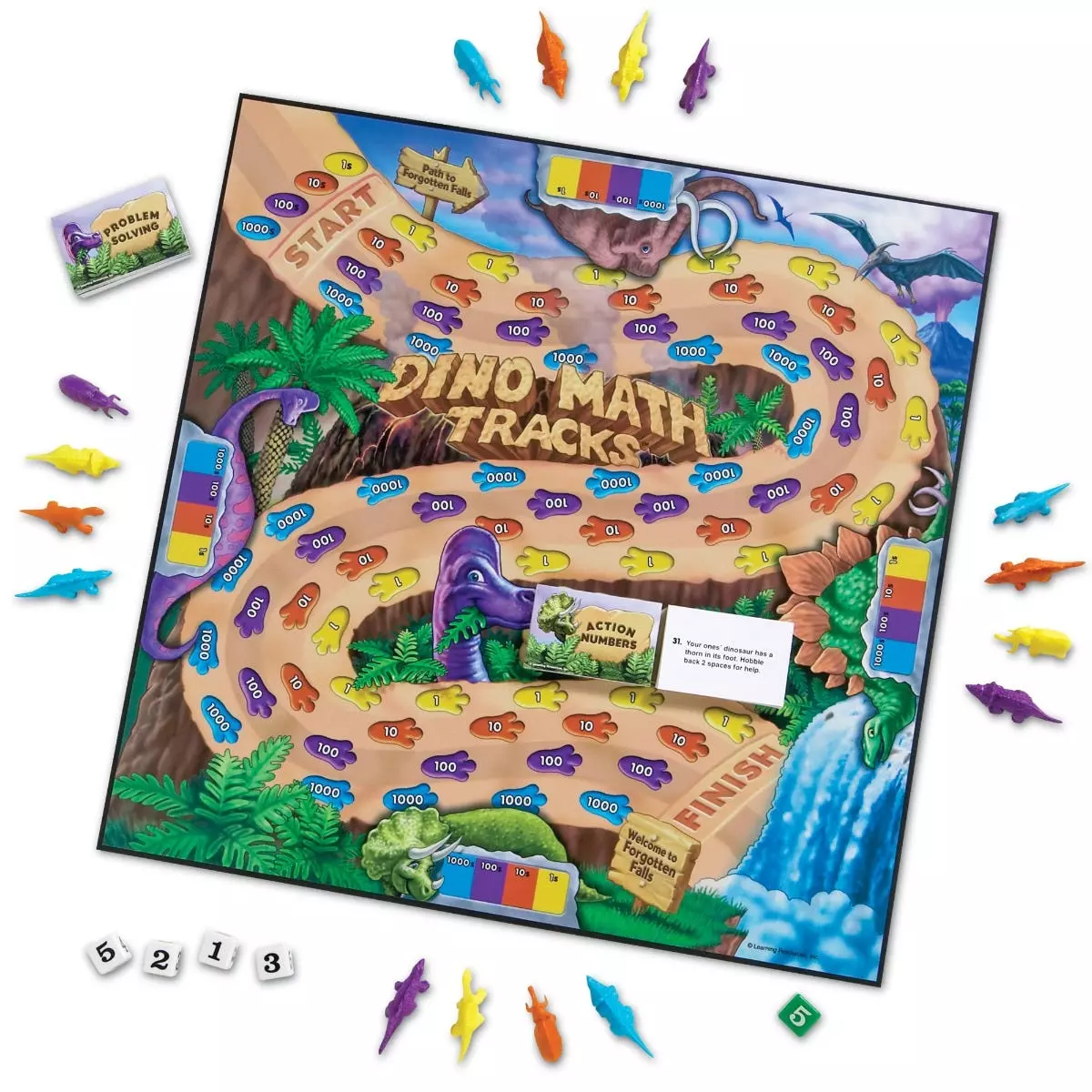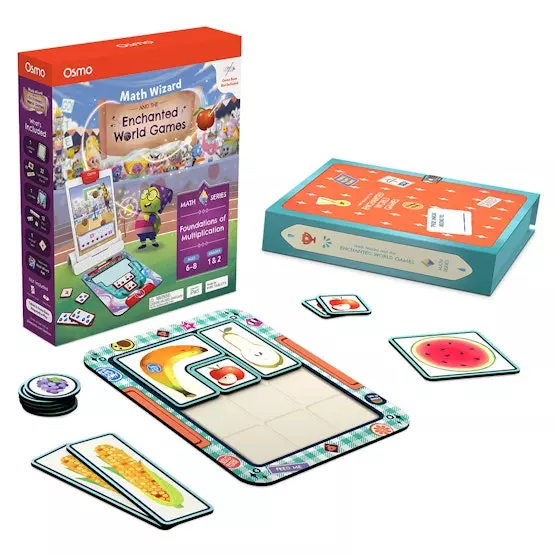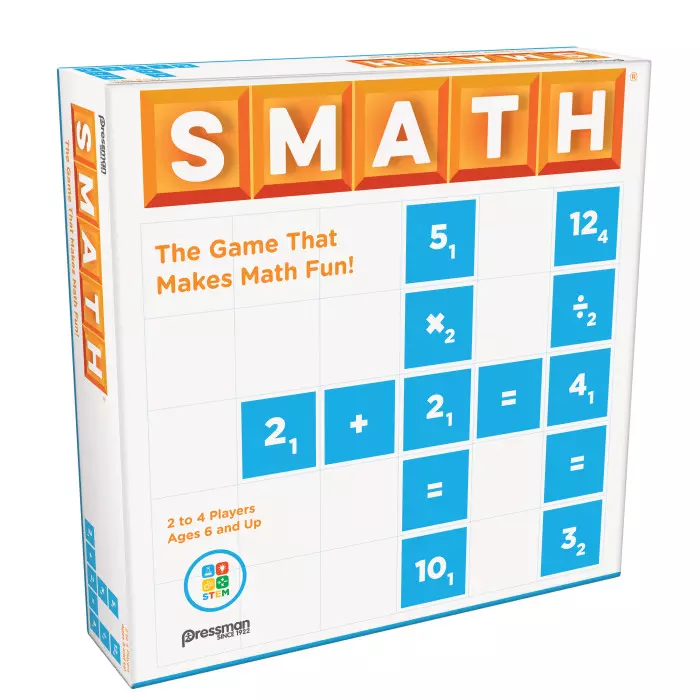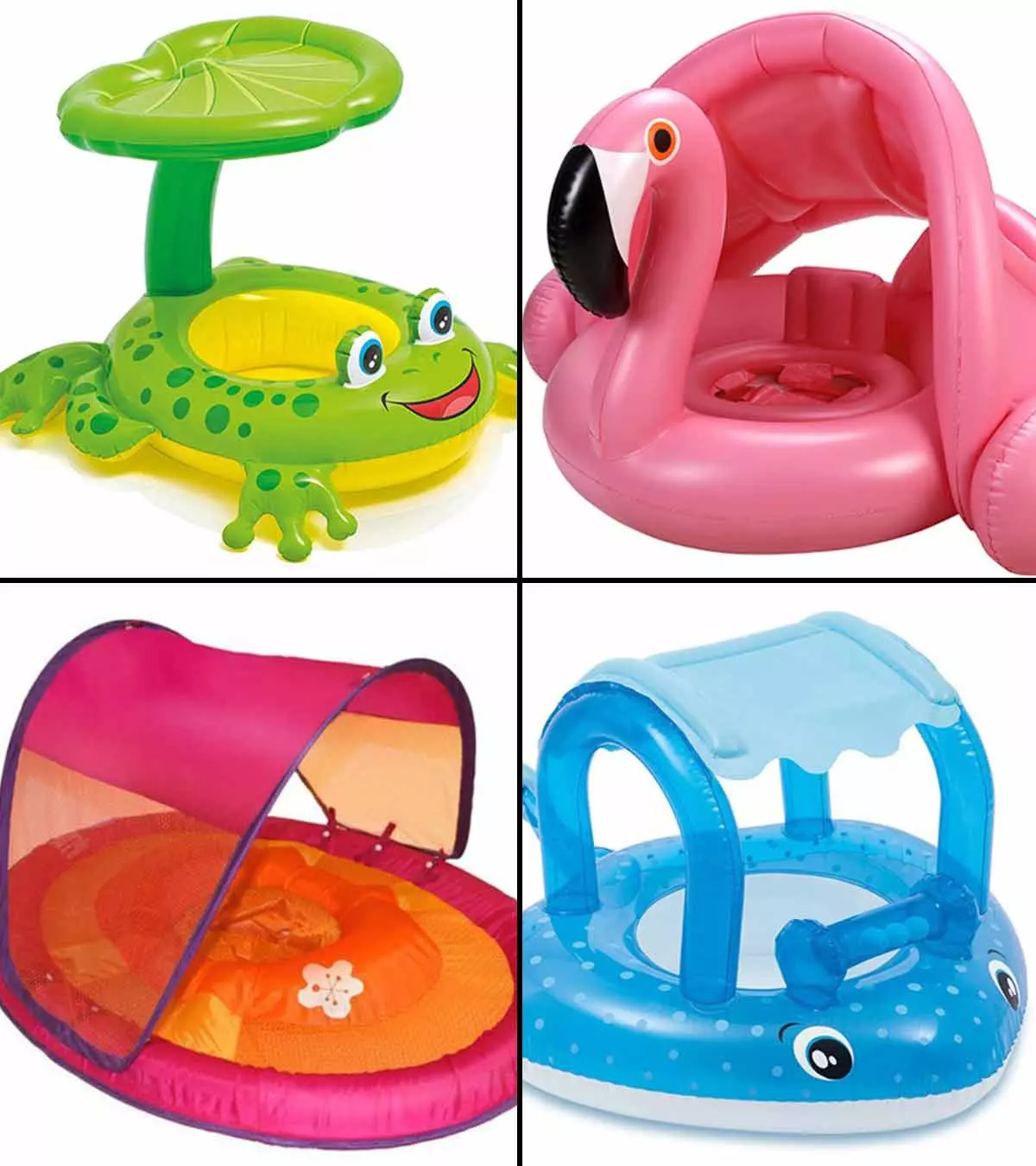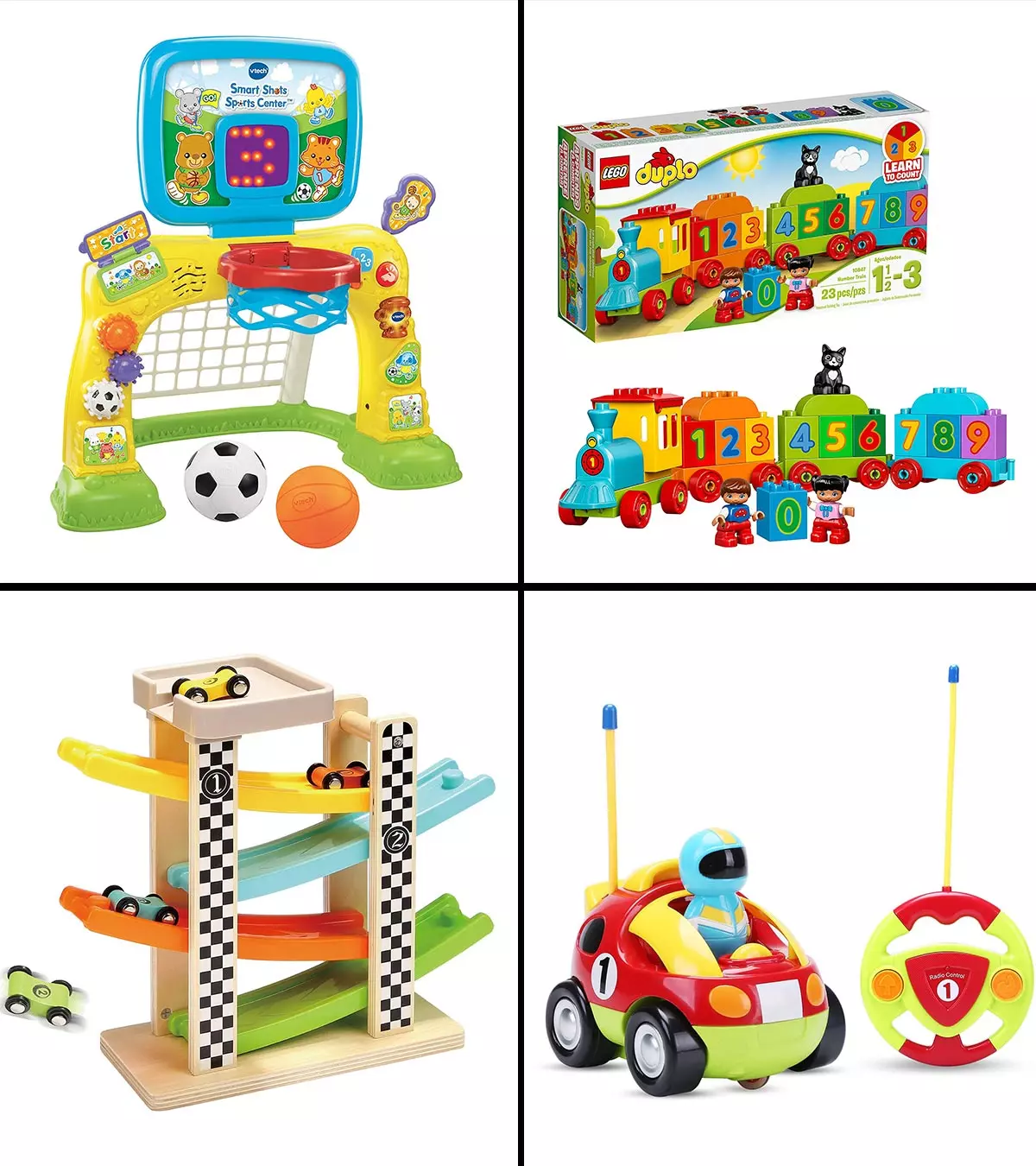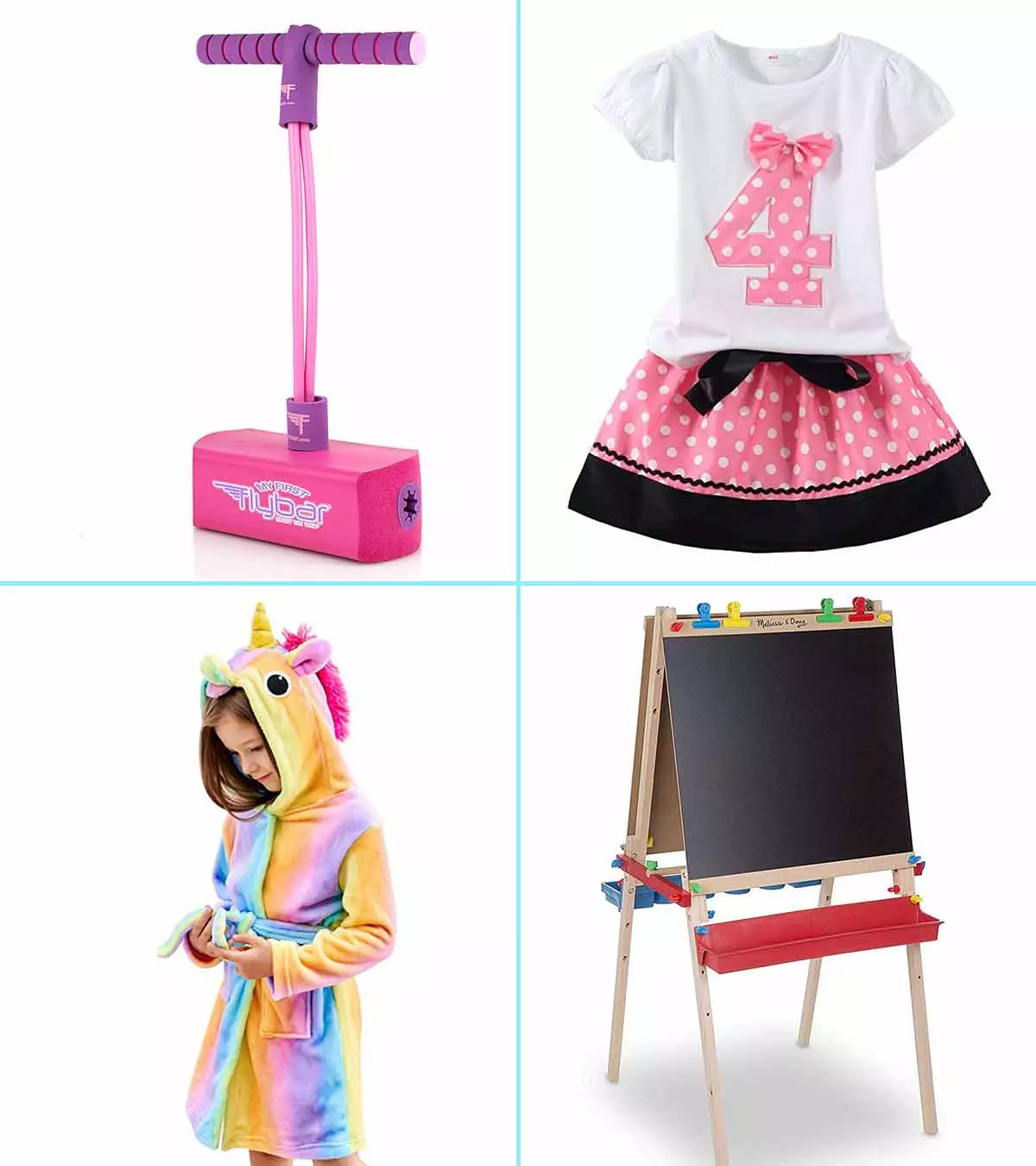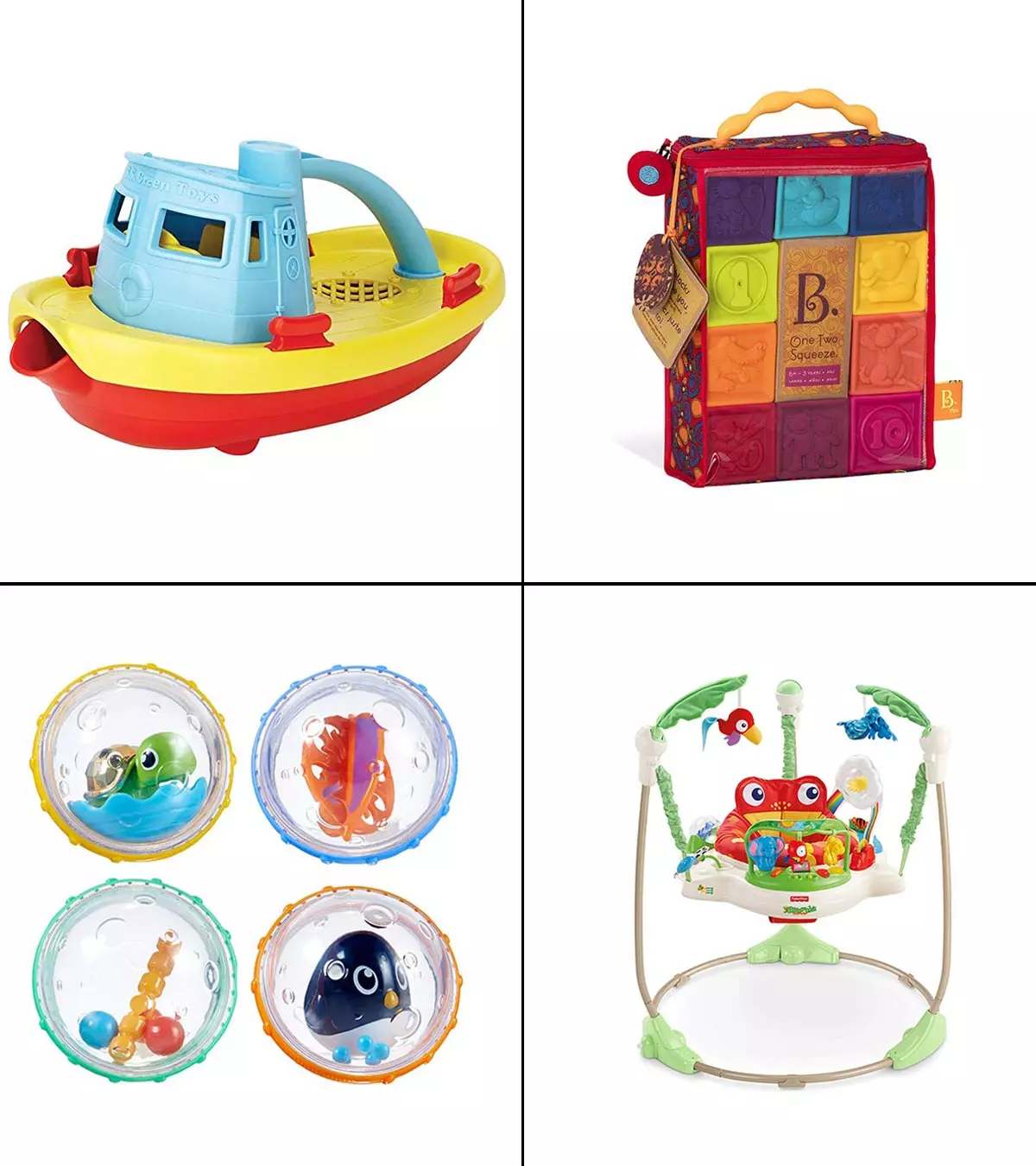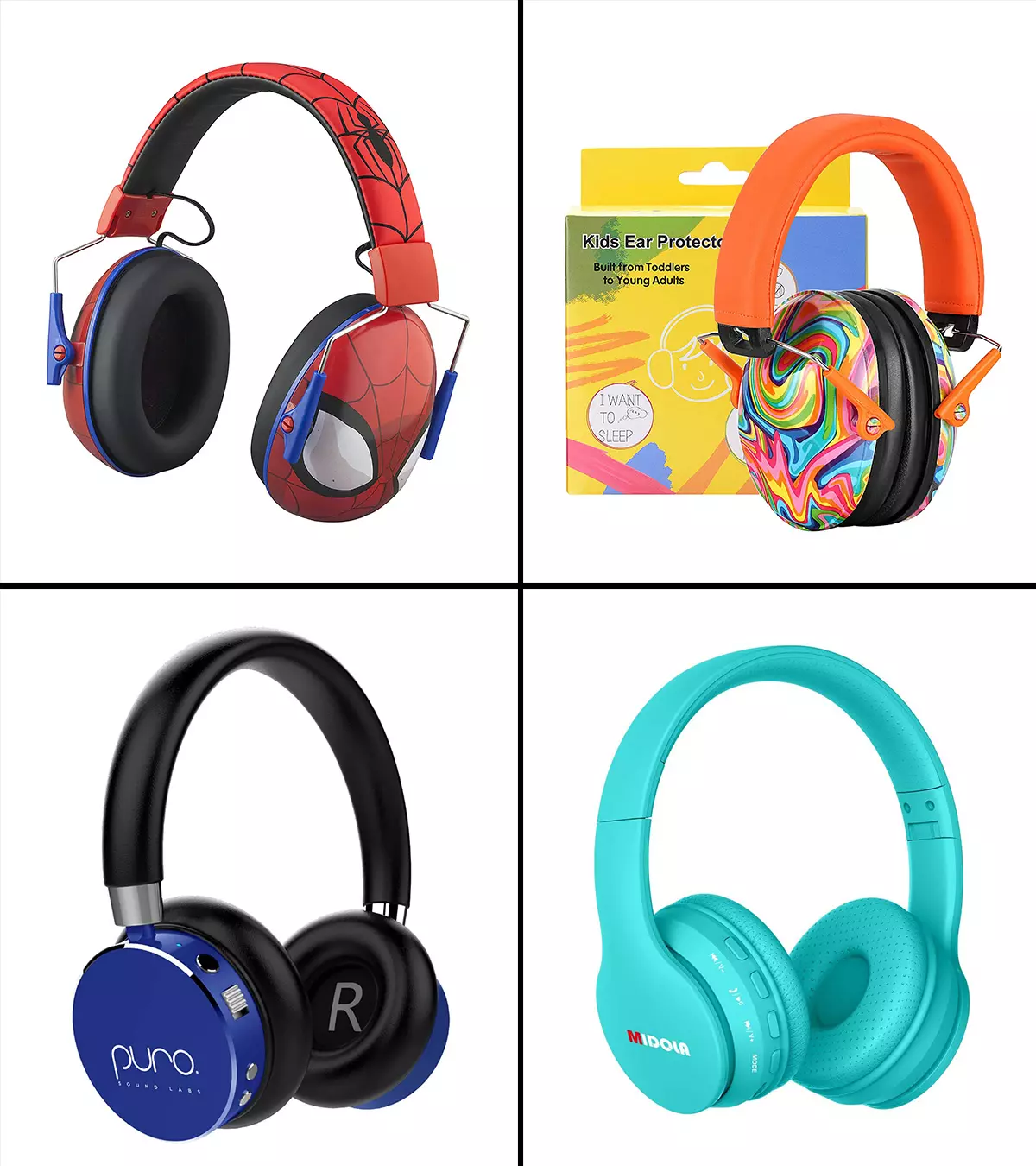
Image: MomJunction Design Team
Not every child is fond of math, but the best math board games for kids are designed to make the subject a little more fun and exciting for them. Instead of practicing worksheets, these exciting board games can help clear out complex concepts while making the learning process fun and entertaining. Math board games make the subject easier for your kid, creating love and generating curiosity towards it. Apart from effectively teaching them subtraction, addition, multiplication, and number recognition, these skill-building games encourage your child to strategize and teach critical thinking. They also help develop problem-solving skills, resource management, and pattern recognition. Also, these logical mathematical games are a great way for you to bond with your child and teach them the importance of teamwork. Read on as we bring you a list of some best-selling games that consist of various mathematical concepts that make learning fun.
Top Picks
11 Best Math Board Games
1. Best For Preschoolers:Hasbro Gaming Hi Ho! Cherry-O Board Game
The new updated version of this favorite family game is ideal for preschoolers as they pick fruit like apples, blueberries, and cherries and fill their basket, making it a fun and educational math game. Kids won’t even realize they’re practicing and developing essential math skills like counting, addition, and subtraction. The first to pick all the fruit from the trees on the game board is the winner, which is determined by the spinner, which decides the number of fruits that can be picked or put back.
If the spinner lands on a dog or bird, the fruit has to be returned to the tree, and if it lands on a spilled bucket, the player has to start the game all over again. Perfect for kids above the age of three years, this math board game requires two to three players and needs to be assembled by an adult. Check out this YouTuber’s review of this classic game if you require more details.
Pros
- Fun and educational
- Easy to learn and play
- Good replay value
- Fast-paced game
- Colorful board and fruits
- Ideal for beginners
Cons
- Small pieces may be easy to lose
- Some may find the board flimsy
"I like that this classic game is both educational and entertaining. It constantly introduces different math concepts using the color-coded cherries. It's simple yet engaging, and the game format was pretty easy for my son to grasp."
 Quick fact
Quick fact2. Best For Learning Basic Math Skill:Learning Resources Sum Swamp Addition & Subtraction Game
Kids will learn basic math skills and have the time of their lives as they go through the sum swamp avoiding hilarious pitfalls in this educational game. Played by two to four players, kids roll the dice and add and subtract their way around the board, trying to escape the mire. If luck is in your favor, you can use the crocodile shortcut or get caught in the endless loop.
If you land on special squares, such as even or odds or a number space, you can be stuck for a while. This is a math board game that grows with kids and starts as a learning challenge, providing a fun and exciting experience for players. Winner of the Oppenheim Best Toy award winner, it measures 17 x 12 inches and includes a game board, four funny swamp creature game pieces, two dice, and an operation die. You can also check out this product testing video by a reviewer for a complete idea about the product.
Pros
- Ideal game for homeschooling
- Large-sized board
- Durable game board
- Helps develop critical thinking
- High replay value
- Suitable for ages five and above
Cons
- Some may not like the endless loop
- May be less challenging for some
"I'm happy this game has transformed boring arithmetic lessons into an exciting activity. Its flexible learning methods using tiny creatures complement my children's skill levels. I've noticed my kids' improvement; they are also keen to learn new concepts now."
3. Best For Pre-Teens:Math For Love Prime Climb Game
This innovative and colorful STEM game is ideal for honing mathematical skills in pre-teens and teens. Designed for two to four players, this math strategy game is a challenging mix of luck and twist. Kids combine colors by rolling the dice to master concepts like multiplication, division, prime numbers, and factorization to reach the center of the board. They pick up prime cards that send their opponents back to the beginning of the game, and the first to get the two pawns on 101 is the winner.
Every space has a unique color address, and kids learn multiplication by combining and division by removing colors. Kids also learn factorization as they see every number as a combination of the numbers it is made of. Help your child master math with this fun board game as they develop a deeper mathematical understanding. Take a look at this review on YouTube to learn more about the tried-and-tested product.
Pros
- Endlessly replayable
- Develops critical thinking
- Simple to complex level game
- Suitable for different ages
Cons
- Print on the dice may fade with use
- Some may find the rules slightly complex
4. Best Self-Paced:Osmo Math Wizard And The Enchanted World Games
Inspired by the curriculum of grades one and two, this math board game teaches kids between the ages of six and eight advanced addition and subtraction skills through the medium of hands-on play. Children learn through experimentation which builds their confidence, and the difficulty of the game can be adjusted based on the child’s skill.
As the game is self-paced, children can master a concept before moving to the next one. There are two games一 Juice Team and Bento, and the game comprises a lunchbox mat, a juice mat, 22 fruit pieces, 12 fruit strips, and a magic token. It can totally transform how children learn by actively engaging them with innovative technology.
Pros
- Easy to use
- No Wi-Fi needed
- Helps develop critical thinking
- Access to free games
- Provides targeted teaching tips
- Educational screen time
Cons
- May not contain multiplication games
5. Best For Ages Eight And Above:Semper Smart Games Election Night Game
This expert-approved and multi-award-winning number board game helps kids learn basic math, civics, and geography as they strategize their way to the White House. It is a tried-and-trusted choice for enabling children to master difficult addition and multiplication facts, the US geography, and how the Electoral College functions. It hones mathematical skills, including addition and multiplication, and features various levels of difficulty based on the skill level of the child.
It can quickly become your little one’s favorite math game as it uses the unique PlaySmart Dice system, which is a 12-sided dice system that makes difficult and complex math facts easy to remember through gameplay. It includes two dry-erase markers and two decks of strategy cards. Either two players or teams compete for electoral votes while racing to gain the 270 electoral votes required for the presidency. Ideal for kids above the age of eight, they strategically counter their opponent’s progress and lock down quick victories.
Pros
- Helps develop critical thinking
- Multiple game versions
- High replay value
- Ideal for game nights
- Double-sided game board
Cons
- May not be as interesting for teens
- Some may find the game time-consuming
"This game introduces math, geography, and civics all together. The game tactics are simple for my children to grasp. Moreover, I am pleased with the quality of the components, and the dry-erase markers are handy."
6. Best For Building Mental Math Skills:Logic Roots Pet Me Game
Help your kid master multiplication and division skills with this innovative math board game as they go on a pet park adventure feeding cats, dogs, and parrots, winning their hearts, and adopting them. It’s a great way to build mental math skills and is entertaining for children between the age of five and nine years. Its interactive nature also boosts teamwork and builds social skills while teaching division of one and two-digit numbers, division as repeated subtraction, strategic thinking and planning, flexibility, and eye-hand coordination.
It’s incredibly helpful in learning math, enhancing memory, and improving concentration, which are all STEM-building activities. Each component of this fun game is extremely durable and consists of a gameboard, dice, four play pawns, a box of 55 food pieces, a box of 48 pet tags, 36 pet cards, a bag of 50 red hearts and 30 pink hearts, and a rule book.
Pros
- Three levels of gameplay
- No prior knowledge of division required
- Adaptable rules
- Easy to learn and play
- Durable components
- Comes with a cloth bag for storage
Cons
- Some may find it slow-paced
- Small components may be easy to lose
"I found this game effective in engaging my child in practicing math playfully. It cleverly uses the theme of pet adoption with adorable illustrations, making learning more appealing and less like a lesson. My son can now work on his division and multiplication skills easily."
 Did you know?
Did you know?7. Best For Grade 1 Children:Da Vinci’s Room Sums In Space Game
Perfect for grade 1 children, this math board game for kids teaches key math skills such as addition and subtraction from 0-9, comparing numbers, and odd and even numbers. Designed for 2 to 4 players, it encourages your child to communicate and work as a team toward a common goal. It can also be played as a competitive game for a fast-paced race. It features 3 difficulty levels, and your child can travel through space as an adventure which will inspire their imagination as they learn.
Your team can hunt for shiny space crystals when a black hole on the horizon breaks apart the planet, and you have to use your math skills to escape and head back home. The dice is used to add and subtract from 0-9 so that you can get back to the ship as fast as you can. The Even Stevens Twins and Captain Odd Duck will get you closer to the rocket ship and the finish with the help of odd and even numbers.
Pros
- Two different game modes
- Easy to learn and play
- Ideal for beginners
- Good replay value
Cons
- Some may not like the artwork
- Some may find the game too simple
8. Best For Ages Five And Above:Mind Inventions Mathemagical World Game
This addition and subtraction math board game is designed for kids above the age of five years and features eight magical and unique worlds- desert island, pirate island, dinosaur island, unicorn island, zombie island, dragon island, ice island, and ninja island. This mathematical game has levels of speed and difficulty, in the process of which kids learn all about addition, subtraction, halves, and doubles.
This educational board game is ideal for OLSAT and COGAT preparation for gifted and talented children in preschool and kindergarten. It includes a 26.5 x 13.8 inches gameboard, four colored pawns, two regular modes six-sided dice, two speedy modes ten-sided dice, an operational die, and an instruction sheet.
Pros
- Hands-on learning game
- Ideal for homeschooling
- Good replay value
- Quick and easy to set up
- Easy to store
- high-quality game components
Cons
- May have a few spelling errors
- Some may find it too simple
"Thanks to this board game, my kids understood the basic math concepts pretty quickly. The easy-to-follow rules make it more engaging, even for my five-year-old. Hence, I find it delightful for its educational value."
9. Best For Enhancing Rational Skills:BeGenio Race To Infinity Mathematical Game
Help your child get excited about math with this math board game that helps them enjoy math as they improve their mathematical thinking. Your child can overcome their fear of math and enhance their willingness to do the math, so they can be more comfortable with the subject as it boosts their confidence. Just roll the dice and add, subtract, multiply or divide the numbers as you move right or left around the board, collect tokens, and win the race. You can collect 200 credits just by landing on the credit and luck spaces, which will allow you to unlock any central color path by landing on the white arrow at the beginning of the path till you reach infinity.
The entertaining game comprises a game board, four game pieces, two dice with 12 sides, 32 luck cards, and 80 BeGenio credit tokens. This educational game enhances critical, analytical, and creative thinking, logic, decision-making, deductive reasoning, and spatial skills.
Pros
- Different levels of gameplay
- Competitive game
- Replayable feature
- Easy to carry
- Ideal for ages eight to twelve
Cons
- Some kids may find it complex
- Some may find the instructions confusing
"My kids have developed significant math skills since playing this game. It nicely combines simple gameplay with complex math challenges. And quality-wise, it's incredibly sturdy."
10. Best Award-Winning:Learning Resources Dino Math Tracks Game
Enhance your little ones’ counting, addition, and subtraction skills with a prehistoric twist with this math board game for kids that includes a game board, 72 cards, 16 dinosaurs, five dice, and three levels of play. Kids learn all about the place value of ones, tens, hundreds, and thousands, and it is suitable for kids above the age of six years. Each player is given one dinosaur for each of the four tracks- 1s, 10s, 100s, and 1000s.
Just roll a four-digit number on the dice and move your dinosaur to the appropriate ones, tens, hundreds, and thousands of places. Math problem-solving cards of different levels add to the challenge. The board measures 19 x 19 inches and can be played by two to four players. This expert-approved and award-winning math board game involves a race around the rainbow with prehistoric, pint-size pals.
Pros
- Easy to learn and play
- Involves reading
- Suitable game for homeschooling
- Cute dino figures
- Replayable
Cons
- Cards may be thin
- May have some instruction errors
"My children are completely taken by this dinosaur-themed math adventure. It teaches basic math concepts through easy and entertaining methods. However, I wish the cards were more durable. My kids love the different elements and levels, keeping them engaged for long."
11. Best Crossword Puzzle-Style: Pressman Smath Game
This math puzzle game is designed in a crossword style that makes math fun and sharpens your child’s STEM skills. This fun game is designed for two to four players and is suitable for kids above the age of six years. Players use the tiles in their racks and take turns building their own crossword-style equations. Beginners can start with basic arithmetic skills such as addition and subtraction, while multiplication and division are ideal for more advanced kids.
Each tile has a point value, and the player with the most points at the end of the game wins. This simple game comprises a game board, four game racks, 184 playing pieces, and instructions. Smath makes math fun! Players take turns using the tiles in their racks to build their own crossword-style equations. Each tile has a point value that is earned once it is played. The player with the most points at the end of the game wins!
Pros
- Adaptable skill levels
- Easy to learn and play
- Easy scoring game
- Suitable for homeschooling
- Ideal for family game night
- Durable quality
Cons
- Some may find the tile holders too light
- Game may be limited to a few operations
"This game has been interesting for my children, especially with its constant intellectual challenges. The plastic tiles with rough edges are a slight letdown, but that doesn't dampen the learning experience. I enjoy spending quality time with my kids while solving these puzzles together."
How To Choose The Right Math Board Games?
Here are some factors to consider when choosing a suitable math board game.
- Age appropriate: This is the very first thing to keep in mind while choosing a math board game for your child. A game that’s too easy will bore your child and not do much for their learning. At the same time, a game that’s too difficult will frustrate them, and they will probably lose interest in math altogether. It’s important to find an educational board game with which they are comfortable and will actually contribute to the learning process.
- Skill focus: Depending on the age of your child, you need to be sure about which skill of your child’s you are hoping to hone with the game. Math board games for preschoolers or kindergarten children help focus on skills like pattern recognition, counting, number recognition and perception, simple addition, and subtraction. For elementary school children, the skill focus could be addition, subtraction, multiplication, and division, as well as graphing and categorizing, counting in multiples, and mental math.
- Safety: This is especially important when it comes to smaller children who are still prone to putting things into their mouths. The game should be made of safe, non-toxic material with water-based paints, and none of the pieces should be small enough to become a potential choking hazard.
Frequently Asked Questions
1. Do board games improve math skills?
Math-based board games not only introduce the child to basic math concepts in a fun manner but also facilitate revisions via gameplay, which helps retain and improve math skills.
2. How long does it take to play math board games?
In general, most math board games could take 30 to 60 minutes to complete one round. However, the length of the playtime is subject to the complexity of the game, the number of players, and the players’ speed.
3. Are math board games easy for a kindergartener?
Math board games recommended for three to five-year-olds can be suitable for kindergarten kids.
4. Are math board games cooperative or competitive?
Multiplayer board games are both competitive and cooperative — they increase the desire to excel while allowing one to have a good time with peers. Self-paced or solo-player games are more on the competitive side.
Why Trust MomJunction?
Priti Bose is a writer and reviewer who believes in producing well-researched and organized content for her readers. She specializes in writing product analyses and reviews on children’s toys and gifts. Her writing reflects her thorough research and a passion for bringing the best products for her readers. Here, she has listed some interesting and educative math board games to help your child learn better and develop cognitively. She has also included detailed information and a buying guide to help you choose the right one.
Many children fear the word math, and hence, it is essential for parents and tutors to find ways that make this dreaded subject more approachable, easy to learn, and fun. One of the ways you can do this is by investing in math board games, as they are educational and entertaining. Besides teaching them basic math concepts such as addition, subtraction, and multiplication, these games also help improve their logical and critical thinking skills.
Before choosing the perfect math board game, ensure it is age-appropriate and pick one that helps develop a specific skill set in your child, such as graphing, counting in multiples, or doing mental math. And regardless of what board game you decide to bring home, ensure it is made of non-toxic materials and water-based paints and contains no small removable parts that may prove to be a choking hazard.
Infographic: Why Are Mathematical Skills Important For Children?
Mathematics is a crucial subject that fosters essential life skills and analytical thinking in children. It is fundamental to a child’s holistic development, helping them succeed in academics and daily life. Check out the infographic below to explore how math skills benefit a child’s cognitive development.
Some thing wrong with infographic shortcode. please verify shortcode syntaxReferences
- The Preoperational Stage of Cognitive Development
https://www.simplypsychology.org/preoperational.html - Developing Elementary School Students’ Mental Computation Skills through Didactic Games
https://www.researchgate.net/publication/348297888_Developing_Elementary_School_Students’_Mental_Computation_Skills_through_Didactic_Games
Community Experiences
Join the conversation and become a part of our nurturing community! Share your stories, experiences, and insights to connect with fellow parents.
Read full bio of Priti Bose
Read full bio of Poulami Nag
Read full bio of Nisha Bharatan

